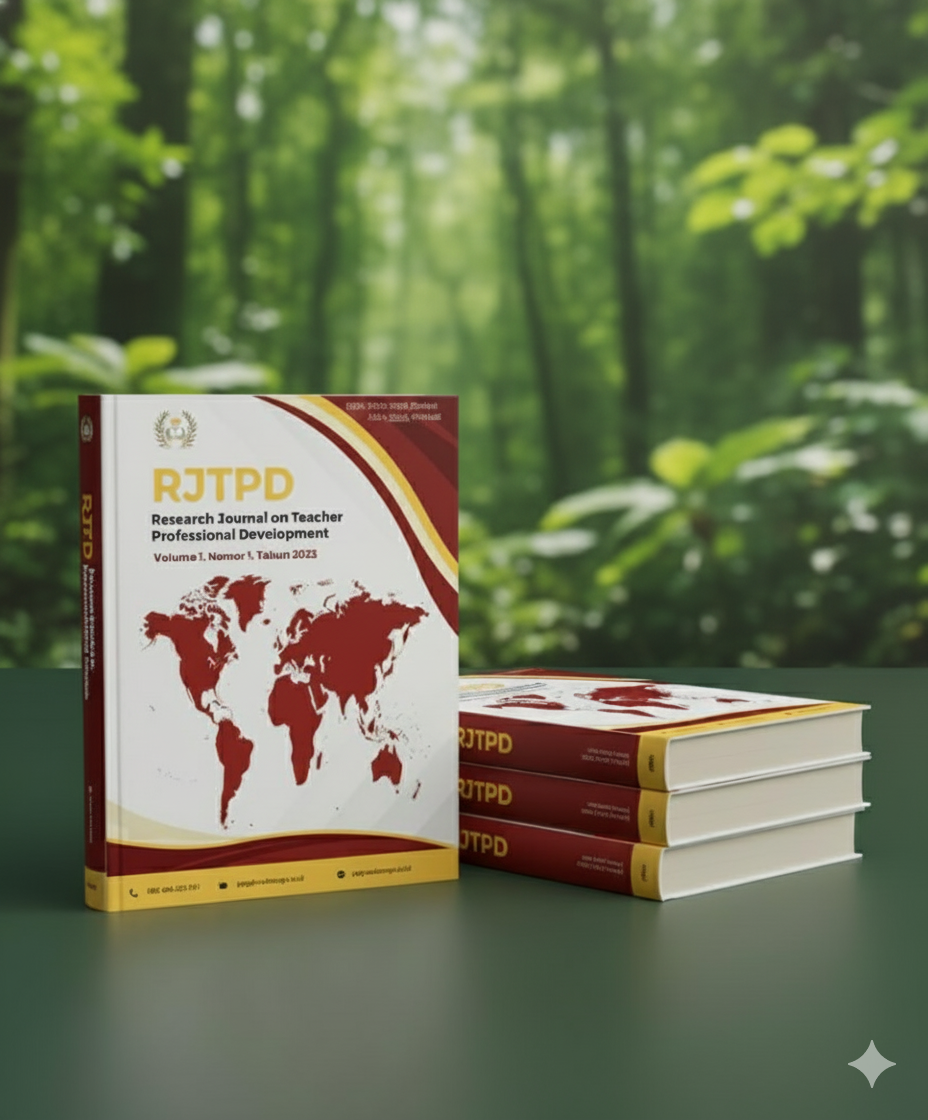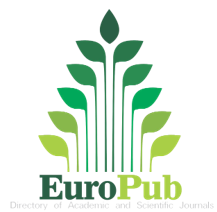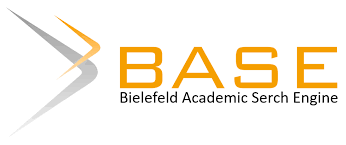Improving Learning Outcomes through the Problem Based Learning Model in Islamic Education Subjects in Elementary Schools
DOI:
https://doi.org/10.21580/rjtpd.v3i01.24854Abstract
This research aims to improve the learning outcomes of grade IV students in the learning of Islamic Religious Education and Ethics, especially the material of Surah Al-Hujurat verse 13, through the application of the Problem Based Learning (PBL) learning model. This Class Action Research (PTK) is carried out in two cycles, each cycle consists of planning, implementation, observation, and reflection stages. The subjects of the study were 28 students at SD Negeri Balerejo 3, Dempet, Demak. Data collection is carried out through written tests, observation sheets, and documentation, then analyzed quantitatively and qualitatively to evaluate the improvement of student activities and learning outcomes. The results showed that the average score of students in the first cycle was 65 with a completeness of 36%, while in the second cycle it increased to 77 with a completeness of 89%. These findings prove that PBL is effective in improving learning outcomes, critical thinking skills, problem-solving skills, and student activeness during learning. The contribution of this research provides an alternative learning model that is effective in associating religious values with the context of daily life in Islamic Religious Education subjects
Downloads
References
Arends, R. I. (2012). Learning to Teach (9th ed.). New York: McGraw-Hill.
Arikunto, S. (2008). Fundamentals of Educational Evaluation. Jakarta: Bumi Aksara.
Bloom, B. S. (1956). Taxonomy of Educational Objectives: The Classification of Educational Goals . New York: Longmans, Green.
Department of Religion of the Republic of Indonesia. (2005). The Qur'an and Its Translations. Bandung: CV. Diponegoro.
Hasan, M. (2019). Application of Problem Based Learning in Improving Student Learning Outcomes. Journal of Islamic Education, 10(1), 45–60. https://doi.org/10.15294/jpi.v10i1.28813
Kemmis, S., & McTaggart, R. (1988). The Action Research Planner (3rd ed.). Geelong: Deakin University Press.
Majid, A. (2006). Character Education in the Perspective of the Qur'an. Bandung: Remaja Rosdakarya.
Miles, M. B., & Huberman, A. M. (1994). Qualitative Data Analysis: An Expanded Sourcebook . Thousand Oaks: Sage Publications.
Sanjaya, W. (2010). Learning Strategies Oriented to Educational Process Standards. Jakarta: Kencana Prenada Media Group.
Sanusi, A. (2021). Analysis of PAI Learning Methods in Elementary Schools. Journal of Educational Sciences, 12(2), 112–125.
Sidiq, M. (2019). Efforts to improve student learning outcomes through a contextual approach. Journal of Basic Education, 7(1), 23–35.
Sugiyono, S. (2017). Quantitative, Qualitative, and R&D Research Methods. Bandung: Alfabeta.
Suharsimi, A. (2010). Research Procedure: A Practical Approach. Jakarta: Rineka Cipta.
Suparno, P. (2013). Developmental and Learning Theory. Yogyakarta: Kanisius.
Syah, M. (2013). Learning Psychology. Jakarta: Raja Grafindo Persada.
Vygotsky, L. S. (1978). Mind in Society: The Development of Higher Psychological Processes . Cambridge, MA: Harvard University Press.
Downloads
Published
Issue
Section
License
Copyright (c) 2025 Muhammad Cholil Albab Cholil

This work is licensed under a Creative Commons Attribution-NonCommercial-ShareAlike 4.0 International License.
The copyright of the received article shall be assigned to the journal as the publisher of the journal. The intended copyright includes the right to publish the article in various forms (including reprints). The journal maintains the publishing rights to the published articles. Authors are allowed to use their articles for any legal purposes deemed necessary without written permission from the journal with an acknowledgment of initial publication to this journal.
















